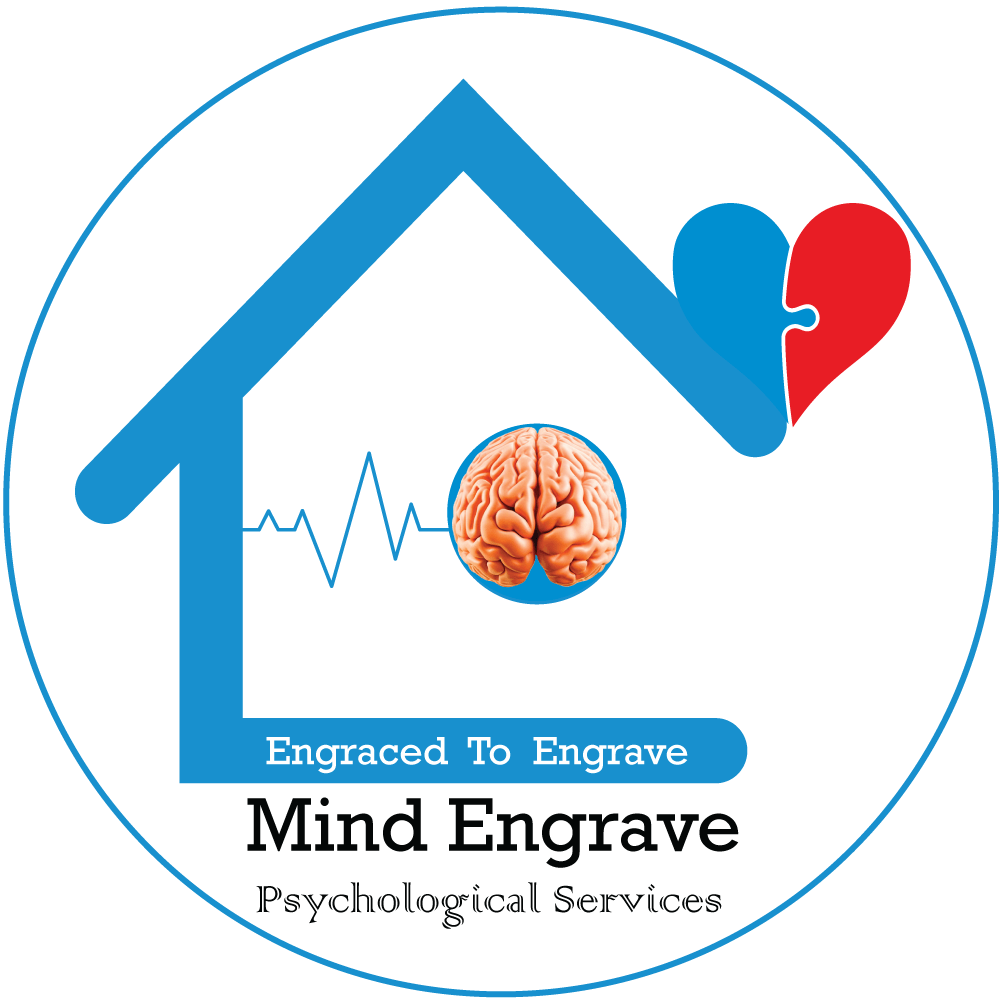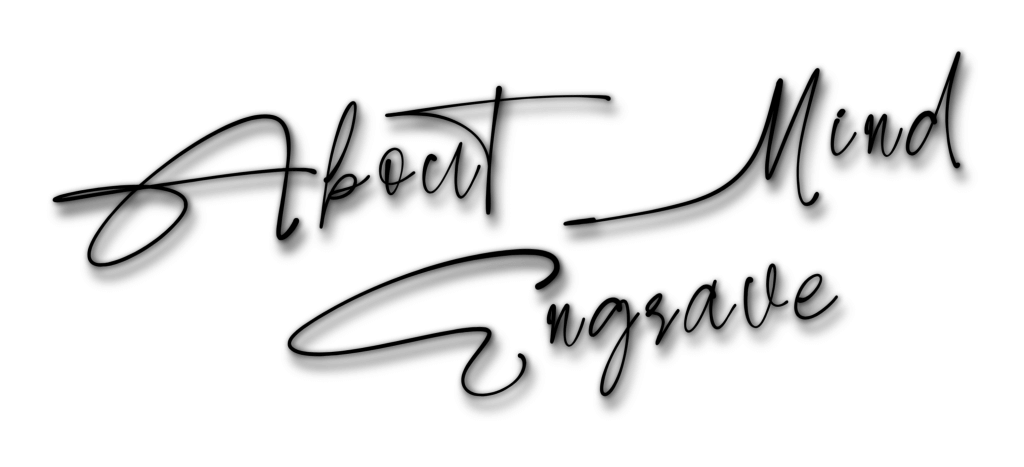The Deceptive Oasis of Sleeplessness
In its early stages, insomnia is almost an oasis in which those who have to think or suffer darkly take refuge.
― Colette
The quote above by Colette is quite intriguing. Let’s imagine it’s the dead of night, everyone around you is in deep slumber, but your mind is wide awake, dancing between thoughts, worries, and ideas. This is the essence of insomnia. At first glance, the quote seems paradoxical. How can sleeplessness, a state of restlessness and exhaustion, be described as an “oasis” or a refuge?
Insomnia in its early stages, is almost an oasis as suggested by the quote. This connotes that, initially, sleeplessness may not be entirely unwelcome. It’s almost like a temporary escape – a quiet time when the world is asleep, and you’re left alone with your thoughts. For some, this solitude offers a sanctuary, a respite from the noise and distractions of the day.
The phrase “in which those who have to think or suffer darkly take refuge” adds depth. Thinkers, creatives, or even those facing challenging circumstances might find solace in these silent, sleepless hours. It’s during these times that ideas germinate, problems are pondered upon, and creative ventures might take shape. It’s almost as if the night becomes a canvas for introspection and exploration, a haven for those who grapple with their thoughts or suffer through hardships.
However, as inviting as this “oasis” may appear initially, the reality of insomnia isn’t so idyllic. Lack of sleep can wreak havoc on mental and physical health, leading to fatigue, mood swings, and decreased cognitive abilities. What may start as a serene escape can quickly spiral into a cycle of distress and exhaustion.
In addition, the quote only highlights the early stages of insomnia. It fails to address the potential deterioration of one’s well-being as sleeplessness persists. Insomnia, if chronic, can become a tormenting experience, robbing individuals of their vitality and disrupting their daily lives.
Moreover, not everyone finds refuge in wakefulness during the night. For many, insomnia brings nothing but frustration, anxiety, and a longing for the restful slumber that seems perpetually out of reach. The inability to sleep can exacerbate existing mental health conditions, making it a source of despair rather than a comforting sanctuary.
In conclusion, while the quote beautifully captures the initial allure of insomnia as a tranquil escape for contemplation and solace, it fails to acknowledge the detrimental effects and the potential downward spiral it can lead to. Insomnia might offer a temporary haven for reflection, but it’s crucial to recognize that prolonged sleeplessness can have severe repercussions on both mental and physical health. So, while the early stages may seem like a fleeting refuge, it’s vital to address and seek help for insomnia before it becomes an enduring and distressing ordeal.





